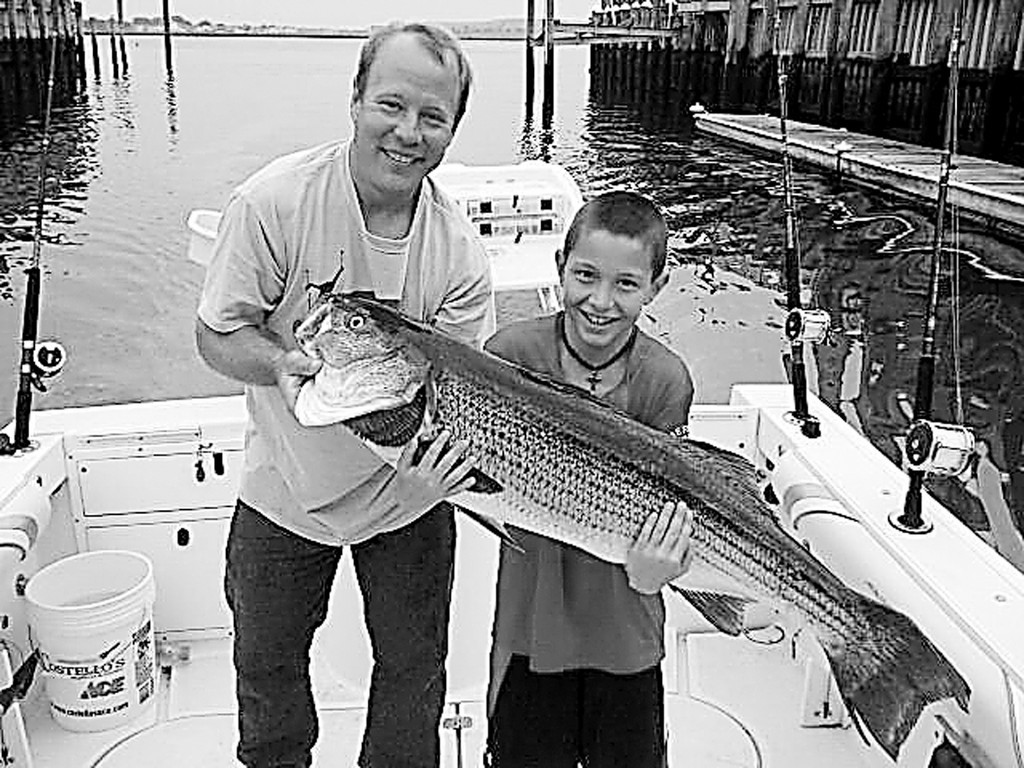There’s something in the water, part V
A Long Island pastime: A fishing tradition has connected generations off Long Island’s South Shore
While many may associate Long Island summers with music festivals, performing arts, beautiful beaches and waves, for generations of residents and tourists. the main summer attraction is to be found underwater, in the rich tradition of recreational fishing off the Northeastern coast.
Originally named “Paumanauke” by the Native Americans — the name meant “tribute to the sea” — Long Island extends from the Hudson River far into the Atlantic Ocean. And while the Island has always been recognized for its excellent saltwater fishing, it also provides fishermen with a plethora of freshwater fishing opportunities: the New York State Department of Environmental Conservation estimates that there are more than 500 lakes and ponds, and around 30 miles of streams, dotting and crisscrossing the island.
The Long Island South Shore Estuary — 326 fluid miles of diverse waterway in Nassau and Suffolk counties — has long been famous for a range of species of fish and shellfish. They include flounder and fluke, crabs and clams, and an array of baitfish like killeys, bunker and spearing among others.
Local environmentalist Morris Kramer told the Herald that during the 1900s, the West Bay, which extends from the Atlantic Beach Bridge to the Long Beach LIRR trestle, was a haven for fish and other sea life. “We used to have rich oyster beds in the West Bay,” Kramer said. “It was just a rich treasure trove for fishing.”
Kirby Kurkomelis, who lives in Woodmere and has been diving in local waters since the 1960s, said that there has always been a “wealth and diversity” of fish and other marine life off the South Shore. During the 1930s and through the 1960s, Kurkomelis said, fishing was a staple in many residents’ lives.
“Fishing was the poor man’s hobby, but it was a good man’s hobby,” Kurkomelis said. “We had striped bass, blue fish, gills, black fish, king fish. We still have great fishing, but the population is reduced now because of the overfishing.”

 67.0°,
Fog/Mist
67.0°,
Fog/Mist 




